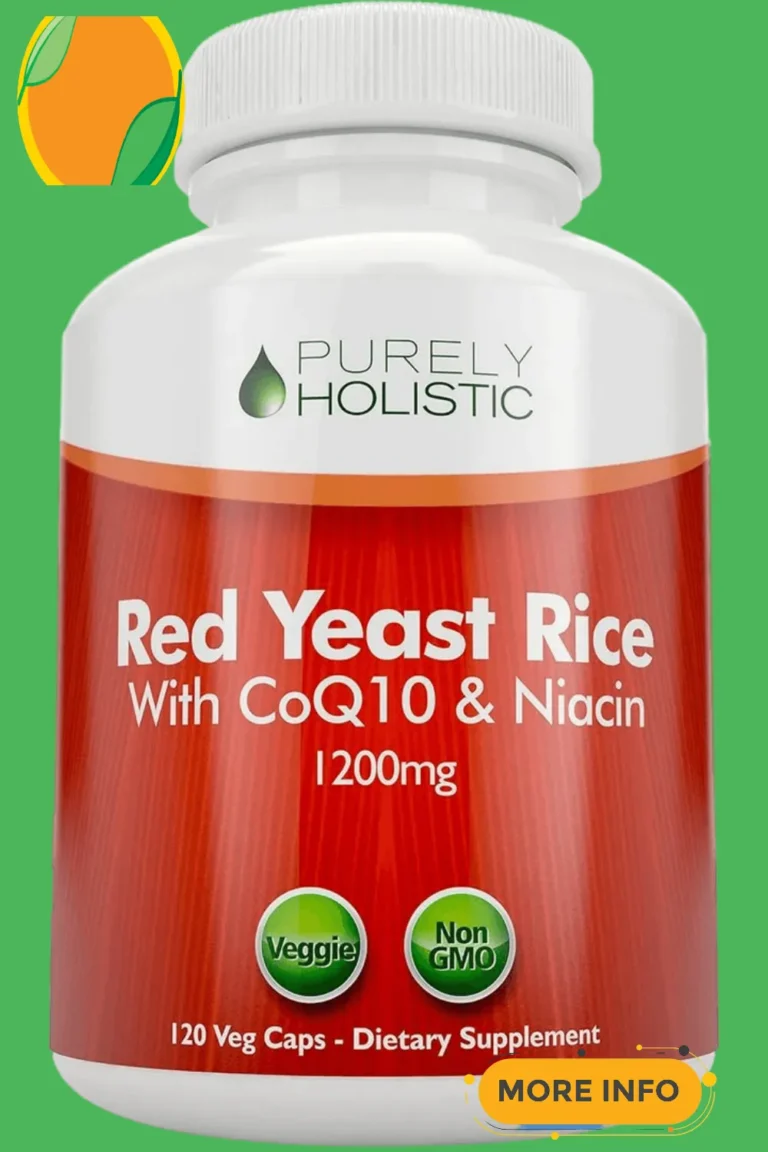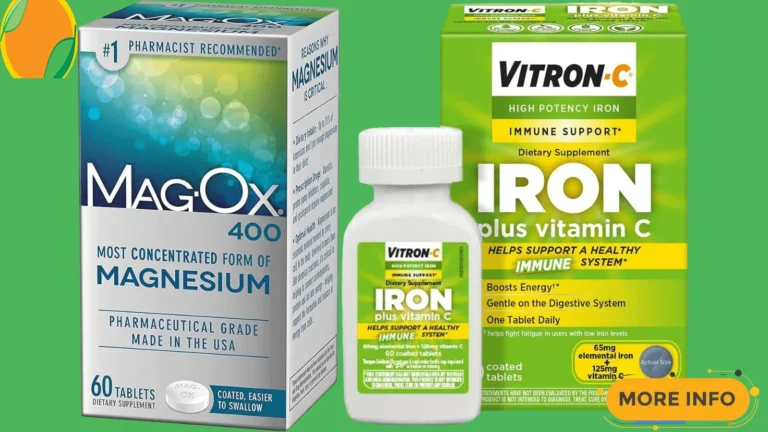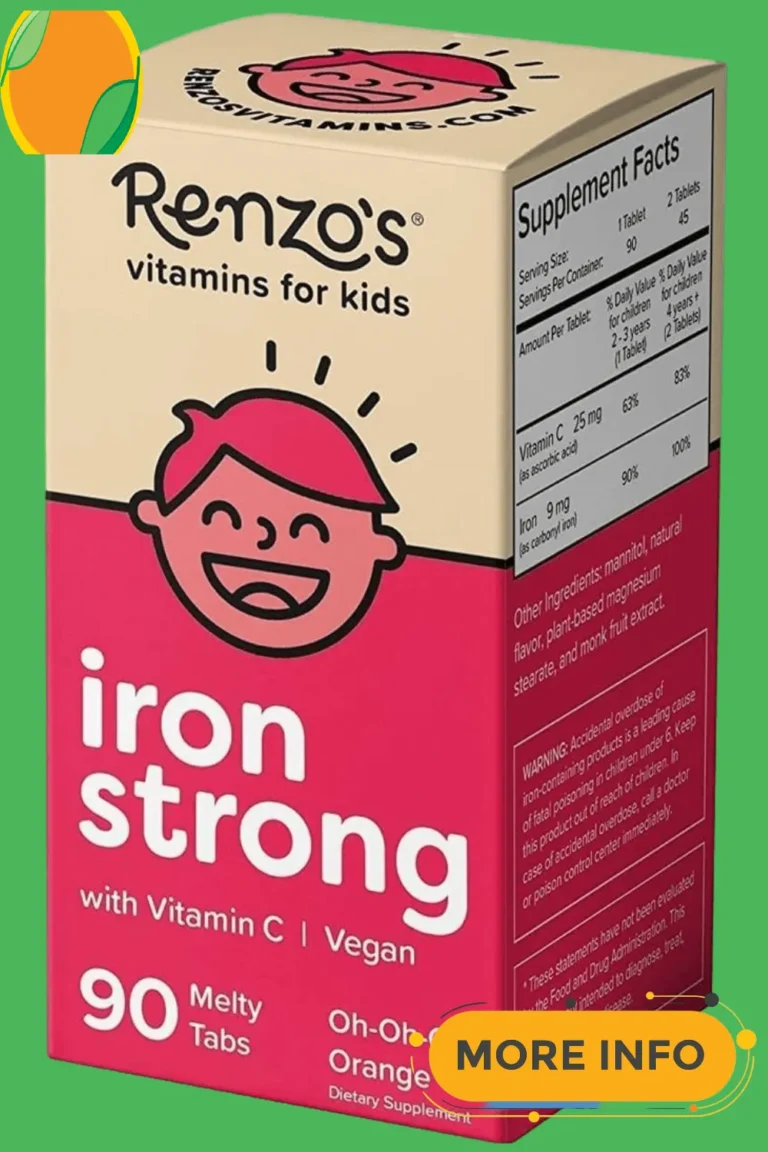How To Find Out Which Vitamin Strategy Is Best For You
Imagine standing in the vitamin aisle of your local health store, surrounded by a dizzying array of colorful bottles, each promising to be the key to better health and vitality.
The choices are overwhelming: Should you opt for Vitamin D to boost your immune system or dive into the world of B-complex vitamins for improved energy?
You’re not alone in this conundrum.
With so many options available, how do you determine which vitamin strategy is best suited for your unique needs?
In this article, How To Find Out Which Vitamin Strategy Is Best For You, we’ll demystify the process of selecting the right supplements tailored specifically to enhance your well-being.
Whether you’re dealing with specific health concerns or simply looking to optimize your overall nutrition, our guide will equip you with essential insights and practical tips.
By understanding factors such as lifestyle, diet, and individual health goals, you’ll be able to make informed decisions that align perfectly with what your body truly craves.
So let’s embark on this journey towards personalized nutritional enlightenment together!
In a world saturated with information on health and wellness, navigating the realm of vitamins and supplements can be overwhelming.
With a plethora of options available, it can be challenging to determine which vitamin strategy is best suited for your individual needs.
Whether you are looking to boost your immune system, improve your overall health, or address a specific deficiency, it is essential to have a clear understanding of your goals and consult with a healthcare professional before making any decisions.
In this article, we will explore the various factors to consider when determining the best vitamin strategy for you, including your age, lifestyle, dietary habits, and any existing health conditions.
We will also discuss the different types of vitamins and supplements available on the market, as well as the potential benefits and risks associated with each.
By taking a thoughtful and personalized approach to your vitamin regimen, you can ensure that you are making informed choices that will support your overall health and well-being.
Join us as we delve into the world of vitamins and discover how to find the best strategy for you.
Table of Contents How To Find Out Which Vitamin Strategy Is Best For You
Consult with healthcare provider first
Before beginning any new vitamin strategy, it is strongly advised to seek guidance from a qualified healthcare provider.
Consulting with a healthcare professional, such as a doctor or a registered dietitian, is essential to ensure that the chosen vitamin regimen aligns with individual health needs and existing medical conditions.
Healthcare providers can offer personalized recommendations based on an individual’s specific health profile, which may include factors such as age, gender, dietary habits, and medical history.
Additionally, healthcare professionals can help identify potential interactions with medications or existing supplements, ensuring a safe and effective approach to optimizing vitamin intake.
By seeking expert advice before implementing any new vitamin strategy, individuals can make informed decisions that support their overall health and well-being.
Consider blood tests for guidance
To gain further insights into your nutritional status and potential vitamin deficiencies, considering blood tests for guidance is highly beneficial.
Blood tests can provide valuable information about essential nutrient levels in the body, helping identify any deficiencies that may require supplementation.
By analyzing key biomarkers in the blood, such as vitamin D, B vitamins, and iron levels, healthcare professionals can tailor a vitamin strategy that addresses specific deficiencies and optimizes overall health.
Blood tests offer a quantitative assessment of nutrient levels, enabling a more targeted and evidence-based approach to vitamin supplementation.
Through regular monitoring and interpretation of blood test results, individuals can make informed decisions about their vitamin strategy, ensuring that their nutritional needs are adequately met for optimal health and well-being.
Evaluate dietary habits and needs
Assessing your dietary habits and nutritional needs is a crucial step in determining the optimal vitamin strategy for your overall health and well-being.
By evaluating your daily food intake, you can identify any potential gaps in essential nutrients, vitamins, and minerals.
Consider keeping a food diary to track your eating patterns and analyze the variety and quality of foods consumed.
Understanding your dietary habits, such as preferences, restrictions, and lifestyle factors, can help tailor a personalized approach to vitamin supplementation that complements your individual nutritional requirements.
Consulting with a registered dietitian or healthcare provider can further assist in evaluating your specific dietary needs, ensuring a comprehensive and balanced vitamin strategy that aligns with your overall health goals.
Identify personal health goals clearly
To optimize your vitamin strategy effectively, it is imperative to establish clear and specific personal health goals that align with your overall well-being objectives.
By clearly identifying what you aim to achieve in terms of health and wellness, you can tailor your vitamin strategy to support these objectives.
Whether your goals include boosting energy levels, improving immune function, enhancing skin health, or addressing specific health concerns, having a defined vision of your desired outcomes can guide you in selecting the most suitable vitamins and supplements to help you reach your targets.
With a focused approach and a deep understanding of your health goals, you can create a personalized vitamin strategy that is tailored to meet your individual needs and aspirations.
Research reputable supplement brands carefully
When considering the implementation of a vitamin strategy to support your health goals, it is essential to research reputable supplement brands carefully.
Not all supplements are created equal, and the quality can vary significantly between brands.
Look for companies with a reputation for transparency, quality control, and adherence to regulatory standards.
Reading reviews, seeking recommendations from healthcare professionals, and checking for certifications such as Good Manufacturing Practices (GMP) can help you identify trustworthy supplement brands.
By selecting high-quality supplements from reputable brands, you can ensure that you are incorporating safe and effective products into your vitamin strategy, ultimately supporting your journey towards improved health and well-being.
Considering the vast array of vitamin options available today, determining the most suitable strategy for individual needs can indeed be a challenging task.
However, it is essential to approach this decision with a thoughtful and well-informed mindset.
Consulting with healthcare professionals, such as dietitians or doctors, can provide valuable guidance tailored to one’s specific health requirements.
Additionally, conducting thorough research on reputable sources and understanding personal health goals are vital steps toward formulating an effective vitamin regimen.
By taking a proactive and informed approach, individuals can optimize their health and well-being through a personalized vitamin strategy.
FAQ
What factors should be considered when determining the best vitamin strategy for an individual?
When determining the best vitamin strategy for an individual, factors such as age, gender, overall health status, dietary habits, lifestyle, specific vitamin deficiencies, and any underlying medical conditions should be considered.
Consulting with a healthcare provider or a registered dietitian can help in assessing individual needs and developing a personalized vitamin plan that is safe and effective.
Additionally, considering the bioavailability and form of vitamins, as well as potential interactions with medications or other supplements, is important in creating a balanced and appropriate vitamin strategy.
How can someone assess their current vitamin intake and identify any deficiencies?
One way to assess vitamin intake is to keep a food diary and consult with a healthcare provider or nutritionist to analyze it.
Blood tests can also help identify deficiencies.
Symptoms like fatigue, hair loss, and brittle nails can indicate potential deficiencies.
Additionally, considering factors like age, diet, lifestyle, and health conditions can provide insight into potential vitamin deficiencies.
Are there specific tests or assessments that can help determine which vitamins a person may need to supplement?
Yes, specific blood tests like vitamin D, B12, and iron levels can help determine if a person needs supplementation.
Additionally, consulting with a healthcare provider or a registered dietitian can also help in identifying any deficiencies and recommending appropriate vitamin supplements.
It’s important to seek professional guidance before starting any supplementation to ensure safety and effectiveness.
What role does diet and lifestyle play in determining the best vitamin strategy for an individual?
Diet and lifestyle are crucial factors in determining the most effective vitamin strategy for an individual.
A balanced diet rich in fruits, vegetables, whole grains, and lean proteins can provide essential nutrients, reducing the need for additional supplements.
Lifestyle habits such as smoking, excessive alcohol consumption, or stress can deplete certain vitamins, requiring targeted supplementation.
Understanding individual dietary needs, health conditions, and lifestyle factors is key in developing a personalized and effective vitamin strategy.
Consulting with a healthcare provider or nutritionist can help determine the most suitable approach for optimal health and wellness.
How can someone work with a healthcare professional to develop a personalized vitamin plan that meets their specific needs and goals?
To develop a personalized vitamin plan with a healthcare professional, start by scheduling a consultation to discuss your health goals, medical history, and current diet.
The healthcare professional may recommend blood tests to identify any deficiencies and tailor a vitamin plan based on your specific needs.
Regular follow-ups will allow for adjustments as needed to ensure the plan is effective.
Communicate openly with your healthcare provider about any changes in your health or lifestyle to ensure the vitamin plan continues to meet your needs and goals.







